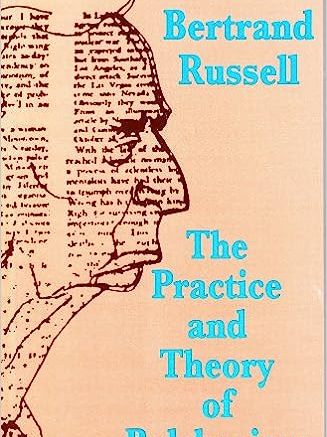In 1920, when this book first appeared, there were not very many critics of the new Soviet government on the Left (outside of Russia). Anarchists including Emma Goldman visited Russia and came away disenchanted. Rosa Luxemburg famously wrote up a critique of the first months of Bolshevik rule, but went on to found the German Communist Party. Karl Kautsky stood nearly alone among orthodox Marxists in his relentless attacks on his former pupil Lenin.
Many of the socialists and trade unionists who visited Russia came away as supporters of the Bolsheviks, deeply impressed with their achievements — or at least pretending to be so. But as British philosopher Bertrand Russell wrote, “I cannot enter into the conspiracy of concealment which many Western Socialists who have visited Russia consider necessary.”
Russell visited Russia in 1920 as part of a British Labour Party delegation. He travelled extensively and even had an hour alone with Lenin. Russell shared his impressions in this short book — and he was unsparing in his criticism of the Communist regime. Here, for example, is how he described the treatment of workers in the world’s first “workers’ state”:
“A sweated wage, long hours, industrial conscription, prohibition of strikes, prison for slackers, diminution of the already insufficient rations in factories where the production falls below what the authorities expect, an army of spies ready to report any tendency to political disaffection and to procure imprisonment for its promoters — this is the reality of a system which still professes to govern in the name of the proletariat.”
Russell suggested several possible futures for the young state. In one of them, Russia would see “the establishment of a bureaucratic aristocracy, concentrating power in its own hands, and creating a régime just as oppressive and cruel as that of capitalism.” He could not have been more right.
The book ends on a positive note. “Russian Communism may fail and go under,” he wrote, “but Socialism itself will not die.” I hope he was right.
